15/02/2024
by Conference Documentation
Comments Off on Conference “Home, Work and Music: Musical Practices in Domestic Spaces” ++ Vienna, Febr. 23rd/24th, 2024
 This conference – Home, Work and Music – explores issues and debates centred around music in domestic spaces. It will showcase current research on the empirical, methodological and theoretical implications of centring the domestic in music research.
This conference – Home, Work and Music – explores issues and debates centred around music in domestic spaces. It will showcase current research on the empirical, methodological and theoretical implications of centring the domestic in music research.
Domestic spaces are regularly overlooked in scholarly, sectoral and policy discourses, but their significance as entangled sites of music creation and performance, and the issues raised by their visibility are striking and urgent. From basements to bedrooms, domestic settings are key nodal points where personal lives, global digital infrastructures and creative networks meet. Scrutiny of the lived realities of these digitally porous sites affords critical insights into technological mediations of musicians’ creative labour in the home.
Date: 22 – 23 February 2024
Location: mdw – University of Music and Performing Arts Vienna, Fanny Hensel-Hall & Online
The conference is organized by a group of renowned international scholars and hosted by the Department of Music Sociology at mdw – University of Music and Performing Arts Vienna:
Emília Barna, Budapest University of Technology and Economics, Hungary
Ingrid Tolstad, Oslo Metropolitan University, Norway
Paul Harkins, Edinburgh Napier University, UK
Rosa Reitsamer, University of Music and Performing Arts, Vienna, Austria
Nick Prior, University of Edinburgh, UK
More information on conference website.

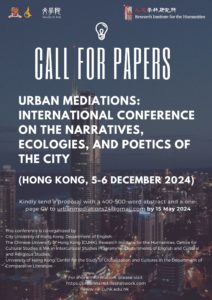
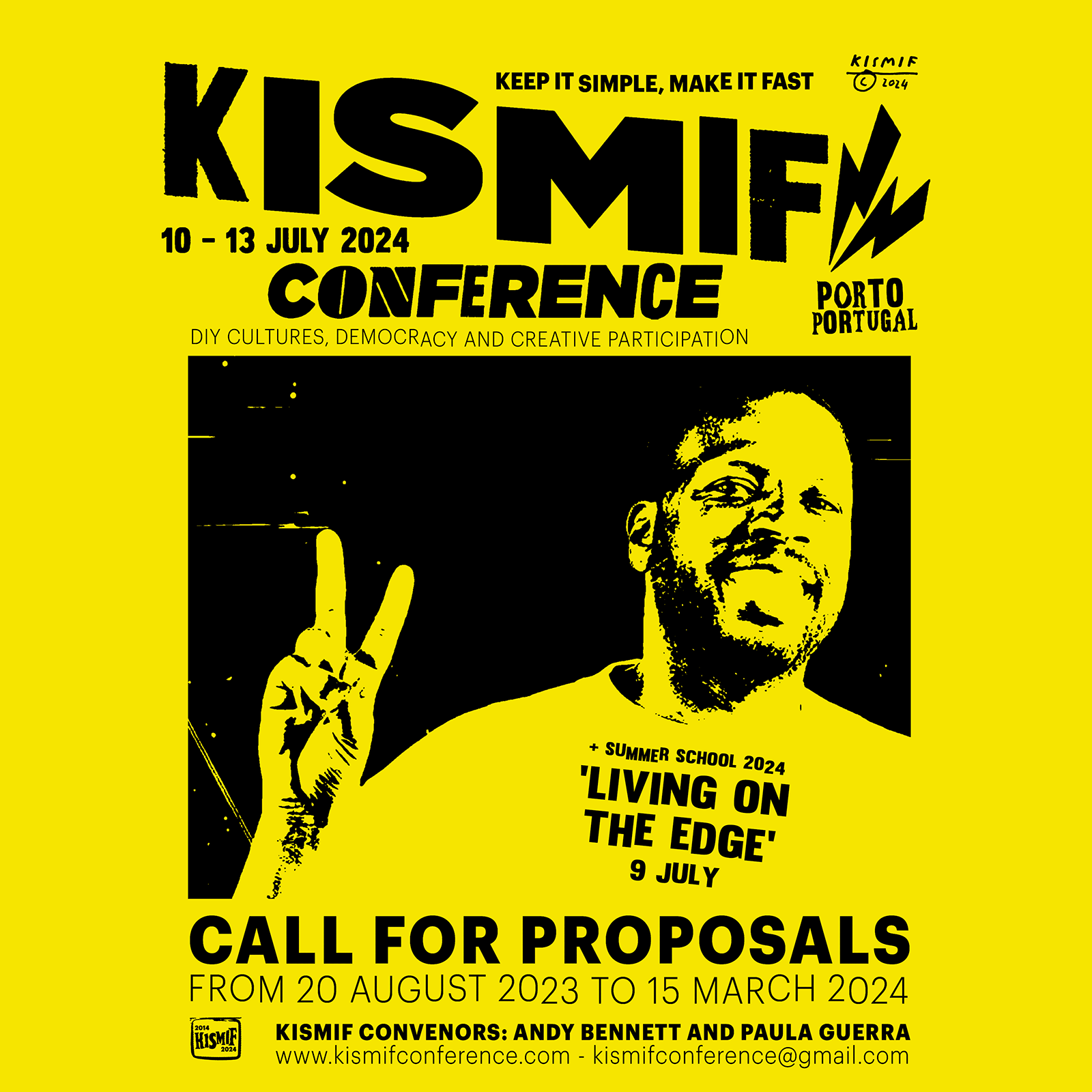 of KISMIF International Conference ‘DIY Cultures, Democracy and Creative Participation’ (KISMIF 2024) which will take place in Porto, Portugal, between July 10 and 13 of 2024.
of KISMIF International Conference ‘DIY Cultures, Democracy and Creative Participation’ (KISMIF 2024) which will take place in Porto, Portugal, between July 10 and 13 of 2024.
 This conference – Home, Work and Music – explores issues and debates centred around music in domestic spaces. It will showcase current research on the empirical, methodological and theoretical implications of centring the domestic in music research.
This conference – Home, Work and Music – explores issues and debates centred around music in domestic spaces. It will showcase current research on the empirical, methodological and theoretical implications of centring the domestic in music research.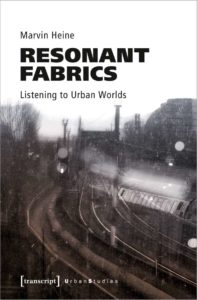
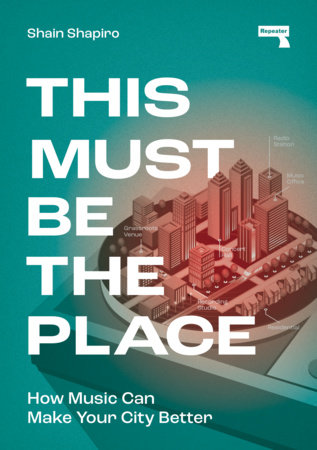

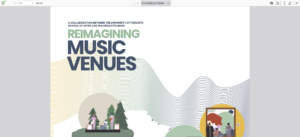 Co-authored by Daniel Silver and Jonathan Bunce this project has been carried out as a collaboration between the University of Toronto – School of Cities and Wavelength music. The research findings underscore the importance of fostering an adaptable and resilient live music ecosystem in Ontario. The proposed policy recommendations aim to provide practical paths toward this goal, offering a transformative blueprint to uplift and revitalize the Ontario live music scene. This endeavour, although complex, holds the promise of a more vibrant and sustainable live music industry, resonating powerfully with the broader cultural and economic vibrancy of the province.
Co-authored by Daniel Silver and Jonathan Bunce this project has been carried out as a collaboration between the University of Toronto – School of Cities and Wavelength music. The research findings underscore the importance of fostering an adaptable and resilient live music ecosystem in Ontario. The proposed policy recommendations aim to provide practical paths toward this goal, offering a transformative blueprint to uplift and revitalize the Ontario live music scene. This endeavour, although complex, holds the promise of a more vibrant and sustainable live music industry, resonating powerfully with the broader cultural and economic vibrancy of the province.
You must be logged in to post a comment.